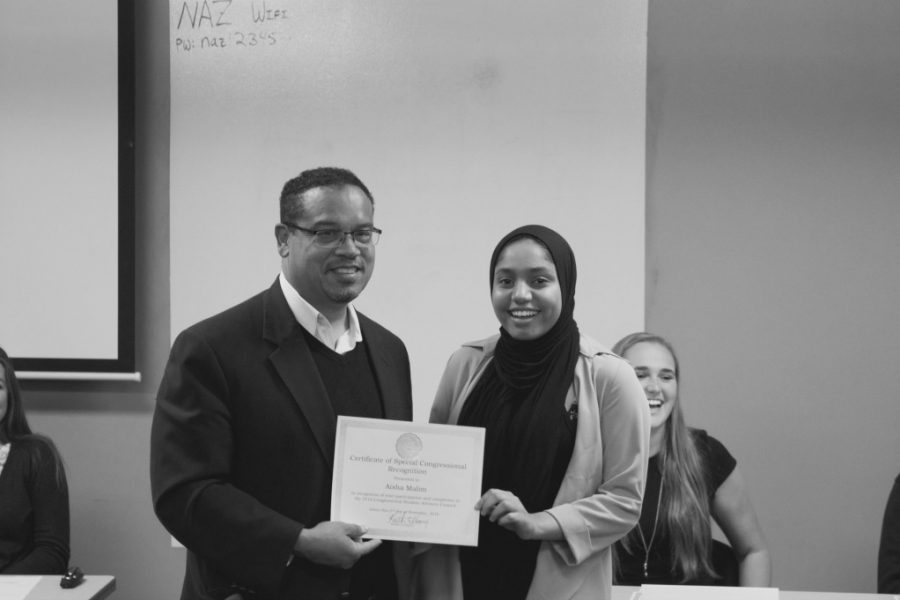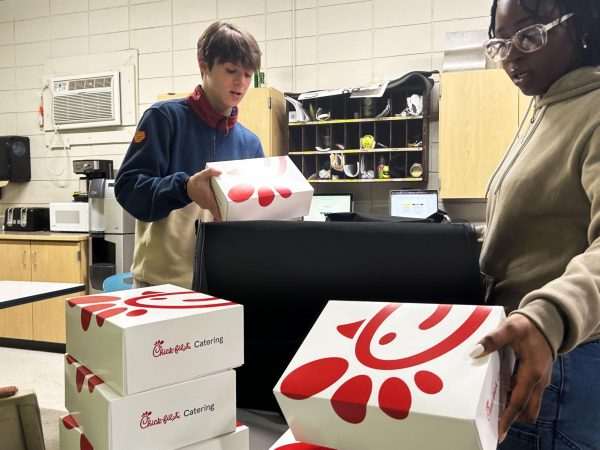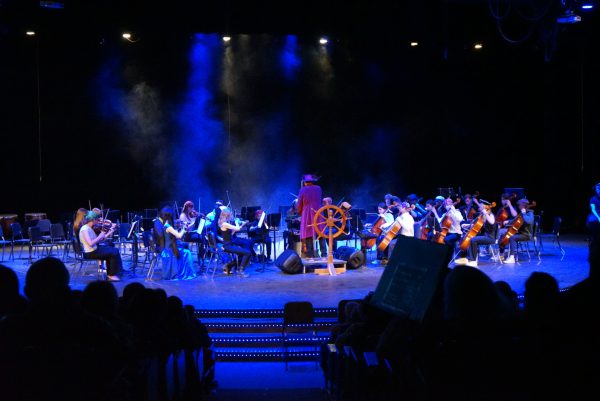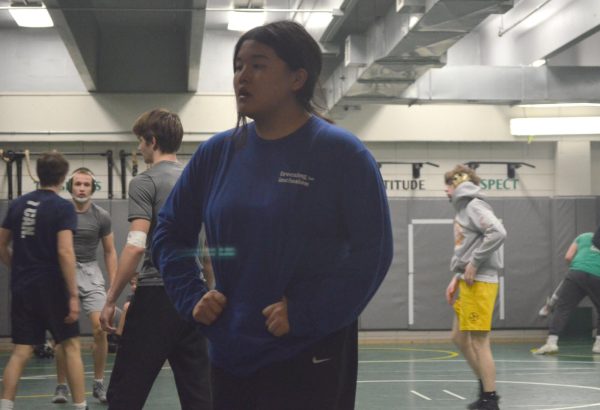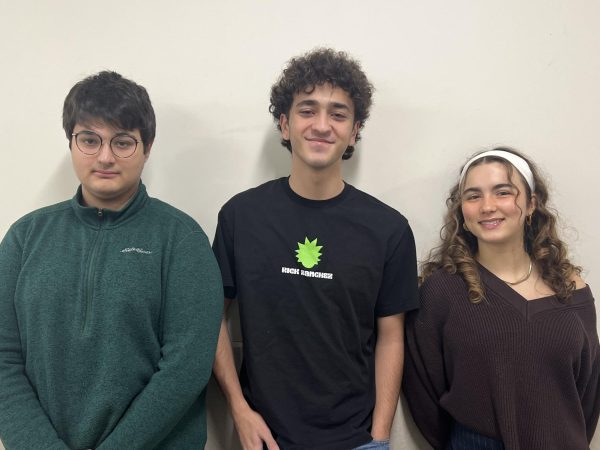EHS Student has Ellison’s Ear
Malim and Ellison
November 28, 2016
Generally, a high school student’s ability to influence public policy by themselves is limited. Thus, being able to present your passion to your US Representative as a student, like senior Aisha Malim did, is an extraordinary opportunity.
Malim is a member of the 5th Congressional Student Advisory Council, a program that helps students develop their understanding of the political process. The council consists of twelve students who meet every two weeks to discuss and research topics that they are passionate about. This year’s topic was immigration and refugee reform. “We council members had to break down that broad topic and find certain issues we wanted answers for,” said Malim.
The question she had regarding the broad topic of immigration and refugee reform was: “When immigrants become citizens, why do they fear getting sent back?” Malim drew on her parents’ experience as immigrants to guide her research. Although she does not know all of the details of her parents’ past, Malim does know that their experience has been “rough and many sacrifices have been made.” Fortunately, Malim’s hard work and frustration touched the hearts of influential audience members, including Representative Keith Ellison. “I enjoyed presenting my issue to Keith Ellison. I felt like a professional,” said Malim. The council’s meetings are held in Ellison’s North Minneapolis office, providing Ellison with a convenient way to receive input from young adults in his community. “Keith Ellison was involved because it gave him the opportunity to learn what issues are important to students in his district,” said Malim.
Malim’s presentation was followed by a speaker who provided the council with historical context for the current problems with the American Immigration system as well as a personal anecdote. Both the speaker’s story and Malim’s extensive research inspired Malim to continue fighting for social justice as an adult. “The experience makes me want to do a lot of work for immigrants and refugees. Who knows, maybe someday I’ll be in Congress,” said Malim. In her opinion, the event was such a success that the only possible way the experience could have been better is “if Barack Obama came.”
Students looking for opportunities similar to Malim’s should visit Room 310 to get involved in the Access Program. As she can attest, the trained community volunteers in the Access Program are more than happy to provide personalized and specific help for students.
In conclusion, according to Malim, in order to promote a tolerant environment at EHS that helps immigrants to feel comfortable voicing their concerns, every EHS student should refrain from forming opinions on immigration until they have listened to what immigrants have to say. “Especially at this moment in time, some need to realize their privilege,” said Malim.

